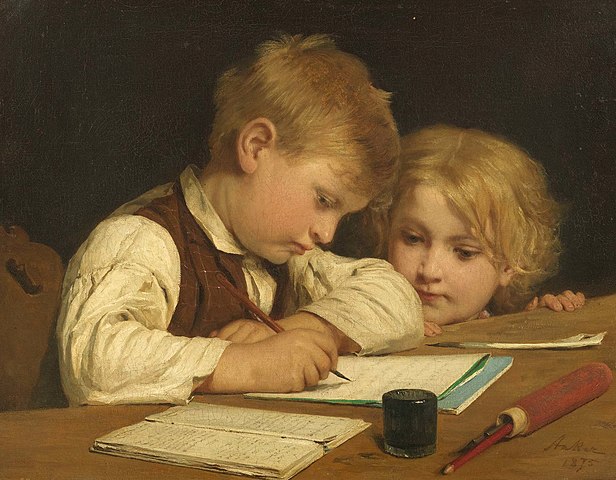
Questions
If we see an English-speaking library visitor who looks lost or confused, we can ask them:
Would you like some help?
This question might be useful for some students who might otherwise be shy or reluctant to ask for information. Also, some students from overseas might not know if our staff can speak English, and might not want to ask, unless it is an urgent problem. Once we have started the conversation, it is best to try to continue it. Sometimes we only remember how to begin a discussion, but not how to keep continuing it. In case we do not understand something, we can always say:
I don’t understand. Would you say that again that more slowly?
If the library visitor repeats the question of problem, and we still do not understand what it is about, then we can try saying:
I still do not understand. Once more, please.
Very often English speaking people who travel overseas do not realize that it is not enough to just speak more loudly, if someone does not understand them. The best would be if the library visitor would say the question or problem again, but using different words. Just repeating the same phrase again and again does not improve the situation. Sometimes when we do not know what a phrase in English means, it is because of an issue of vocabulary. Sometimes we do not recognize the pronunciation of certain words. If it would help to have the person say what the question or problem is, but in a different way, we might ask:
Would you say that again, using different words?
That way, we would have a better chance of recognizing the words being used. In case that we still do not understand, it is always possible to ask the visitor:
Would you please write that down?
As we know, many speakers of Thai English are more comfortable writing and reading English than they are speaking and especially hearing English when it is spoken to them. Possibly by reading a written question, we will get a better understanding of what the question is about. At some point we will have to face the challenge of speaking to the visitor. It would not be practical to continue communicating by writing messages to someone who is right in front of us. Still, this can at least start us towards the process of actually offering help. Once we know what the subject of the discussion is, we can decide how to best help the student or ajarn.
Sometimes there is a technical problem with the library that the reader may be trying to bring to our attention. For example, the visitor may say:
There is a light bulb burned out here. Can it be fixed?
There are many ways to respond to this kind of information. The most polite way would be first to say:
Thanks for letting us know.
It is not enough to just thank the visitor for the information, since if we offer thanks, that does not explain that we do plan to do something about the situation, whatever it is. So, a more helpful answer would be:
Thanks. I will tell our maintenance staff about it.
Sometimes the problem is more urgent or severe than just a burned out light bulb. In that case it is especially important to explain that we are glad to know about the issue, and will try to get the matter resolved as soon as possible. For example, the visitor might say:
There is a flood here. What should I do?
There is broken glass here. What should I do?
In these and other cases, the same reply is best:
Thanks. I will tell our maintenance staff about it.
That should reassure our visitor that the information was important and that something will be done about it quickly.

(All images courtesy of Wikimedia Commons)
